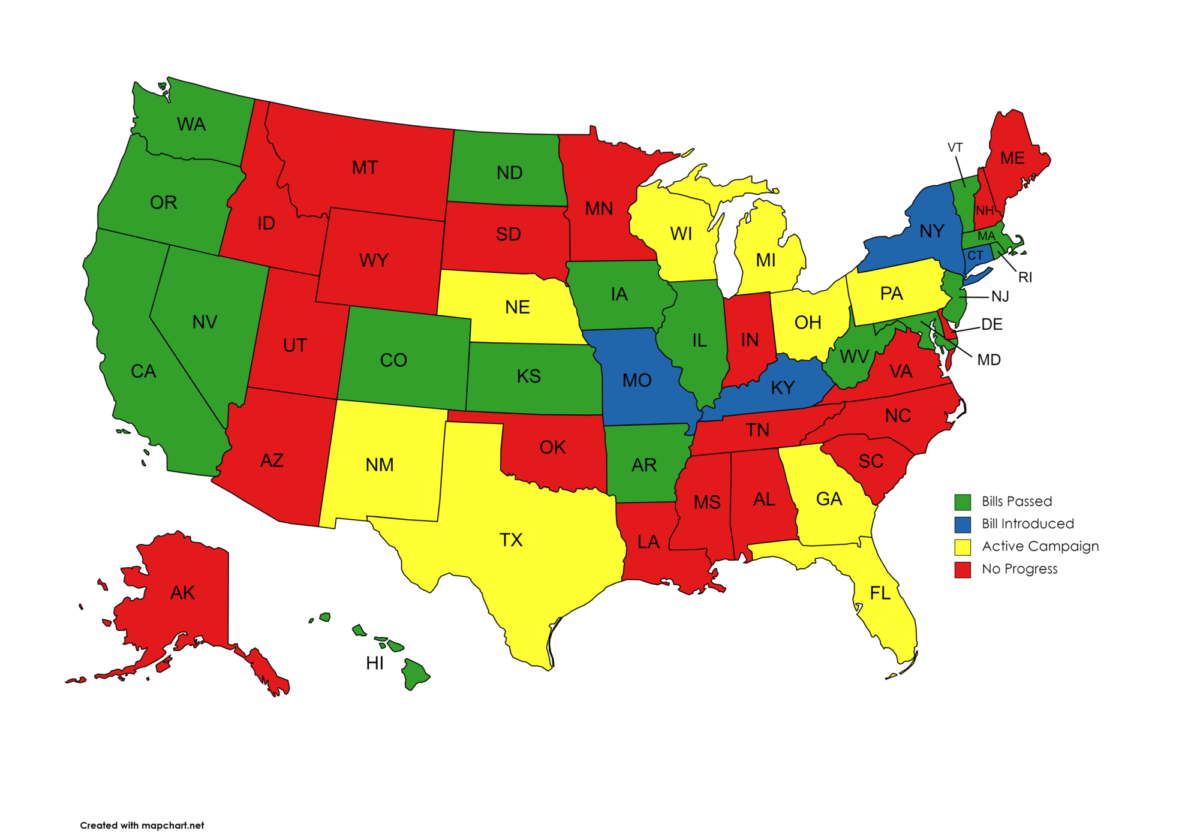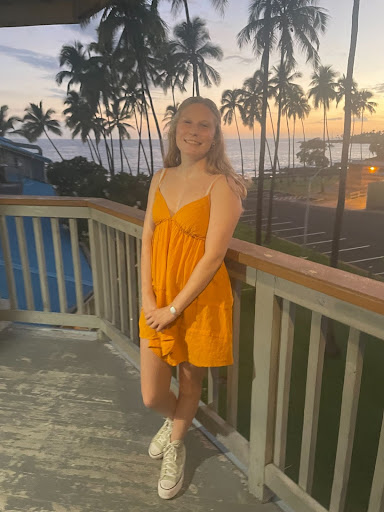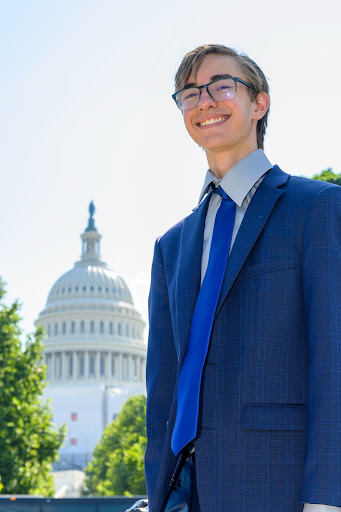The First Amendment guarantees that journalists around the country retain the freedom of the press. For high school students, though, that isn’t always the case.
Students have constitutional rights under the First Amendment. Although both affirmed and limited over time, the Supreme Court has demonstrated that the freedoms of speech and of the press are protected within academic settings, especially for school newspapers like The Horizon Sun. The first major precedent for such rights came in 1969 from Tinker v. Des Moines, according to the Student Press Law Center (SPLC). In Tinker, three students in Iowa were suspended for wearing black armbands in protest of the Vietnam War. The students sued the school for violation of the First Amendment, and, after a lengthy appeals process, won at the Supreme Court. The precedent established by the case formed the basis for the understanding that students and their forms of press are fundamentally protected under the Constitution.
What followed Tinker was 1988’s Hazelwood v. Kuhlmeier, which, Oyez states, provided a roadmap for legitimate censorship of student speech. The Court held that schools could set standards for the speech published under their authority, and that censorship was legal if the speech was found “inconsistent with ‘the shared values of a civilized social order’” or “reasonably related to legitimate pedagogical concerns.” Put simply, Hazelwood says that student speech must remain within the boundaries of social norm and not disrupt the education process.
This was further compounded upon by Morse v. Frederick, in which the Supreme Court ruled in favor of a principal who confiscated a student’s banner promoting illegal drug use and suspended him for it, writes United States Courts. Because the banner was in violation of the conditions of Hazelwood, precedent meant that the student was not constitutionally protected.
The National Scholastic Press Association states that Dean v. Utica Community Schools, a Michigan case, is one of few cases related to high school press censorship. Although it doesn’t overrule the precedent established by Hazelwood, the case established that public forums are protected by the standard created by Tinker with limited restrictions on the First Amendment.
While student journalists are frequently censored, the restrictions are deeply dangerous to keeping students informed and supporting the society of tomorrow.
It is imperative that students are aware of the issues occurring in the world around them, as they are the inheritors of society. Students are unable to make change and maintain the stability of the world if they are blindsided from its problems. Many students rely on student press to have an understanding of the world, but cannot do that if schools censor every minutely controversial topic. This will cause students to use poor sources, spreading misinformation. Schools censoring information will not stop students from obtaining it, but rather encourage misinformation and a lack of education on critical topics. Many of the topics censored by schools apply most to teenagers, with things like teen pregnancy, abortion, sex trafficking, and social movements all being subjects high school students and surrounding age groups should know about in order to develop their own perspectives.
For Horizon Honors, The Horizon Sun is meant to be a source of credible and valuable information for students and community members. Our newspaper takes the responsibility of providing relevant, educational, and accurate news seriously. We will continue to work to ensure that The Horizon Sun is recognized as a public forum for our student body. Our community deserves to know the truth, no matter how hard it is to hear.

















Christa Bleyle • Oct 27, 2023 at 8:45 pm
Great article!